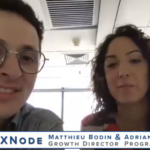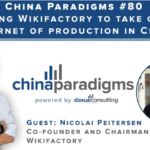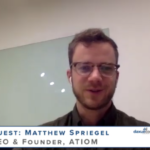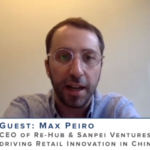China’s Tech Startup Scene
China’s Tech Startup Scene: Emulating the success of the Silicon Valley
Buzzing around Chinese universities are dreams of launching a high-tech startup and emulating the success of Silicon Valley.
The tech startup scene took off with e-commerce giant Alibaba’s IPO in September 2014 and continued with the IPO of smartphone manufacturer Xiaomi that raised US$1.1 billion and valued the company at US$46 billion. Propelling start-up dreams further, China now has 19 “unicorns,” startups valued at over US$1 billion.
Boosted by the massive smartphone and Internet using Chinese population, the Chinese startup markets the second largest globally. Chinese tech startups received nearly US$15.8 billion in the first eight months of 2015, up from US$3.8 billion in the same period of 2014.
The Chinese government is also backing the tech startup scene, from securing funding to providing high-tech parks. Beijing’s “Made in China 2025” strategies to reduce dependence on heavy industry and boost growth with high-tech, high-valued-added sectors. The government VC fund raised US$231 billion in 2015, five times the sum raised by other VC firms globally. Beijing has also opened 1,600 high-tech incubators for startups, that house over 80,000 startup projects and employ 1.75 million people.
Although tech startups are scattered around in China, Zhongguancun in the northwest of Beijing resembles Silicon Valley the most. It is home Chinese search engine Baidu and computer maker Lenovo, in addition to other incubators, accelerators, and startup cafes that allow investors to meet entrepreneurs.
“Coffee shops are a big part of Zhongguancun’s startup environment,” says Thibaud Andre, a consultant with China-based Daxue Consulting. “The owners of these cafés have developed real startup-focused environments,” says Andre. “There’s a lot of gathering and networking involved. Rather than hotbeds of brainstorming, they are places where actors of the startup environment congregate and interact. All of the major tech entrepreneurs and investors in Beijing show up at least once a month here.”





![[Podcast] China Paradigm 42: How to drive corporate innovation in China](../wp-content/uploads/2019/06/podcast-corporate-innovation-China-150x150.jpg)









